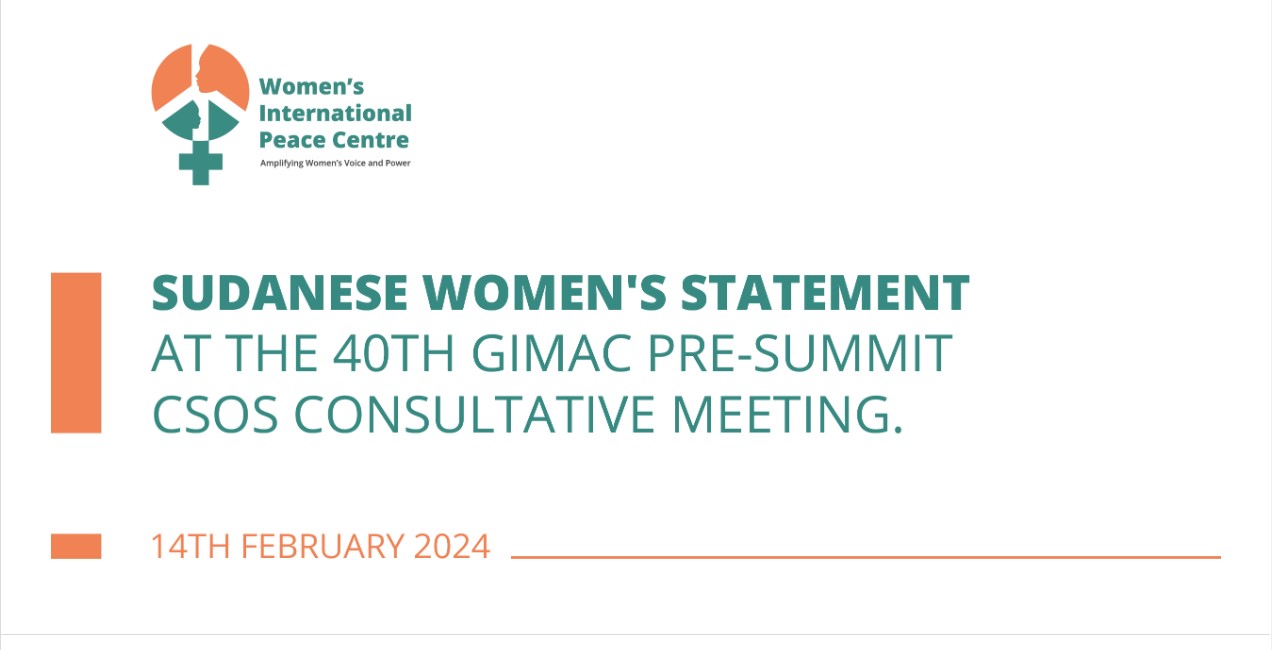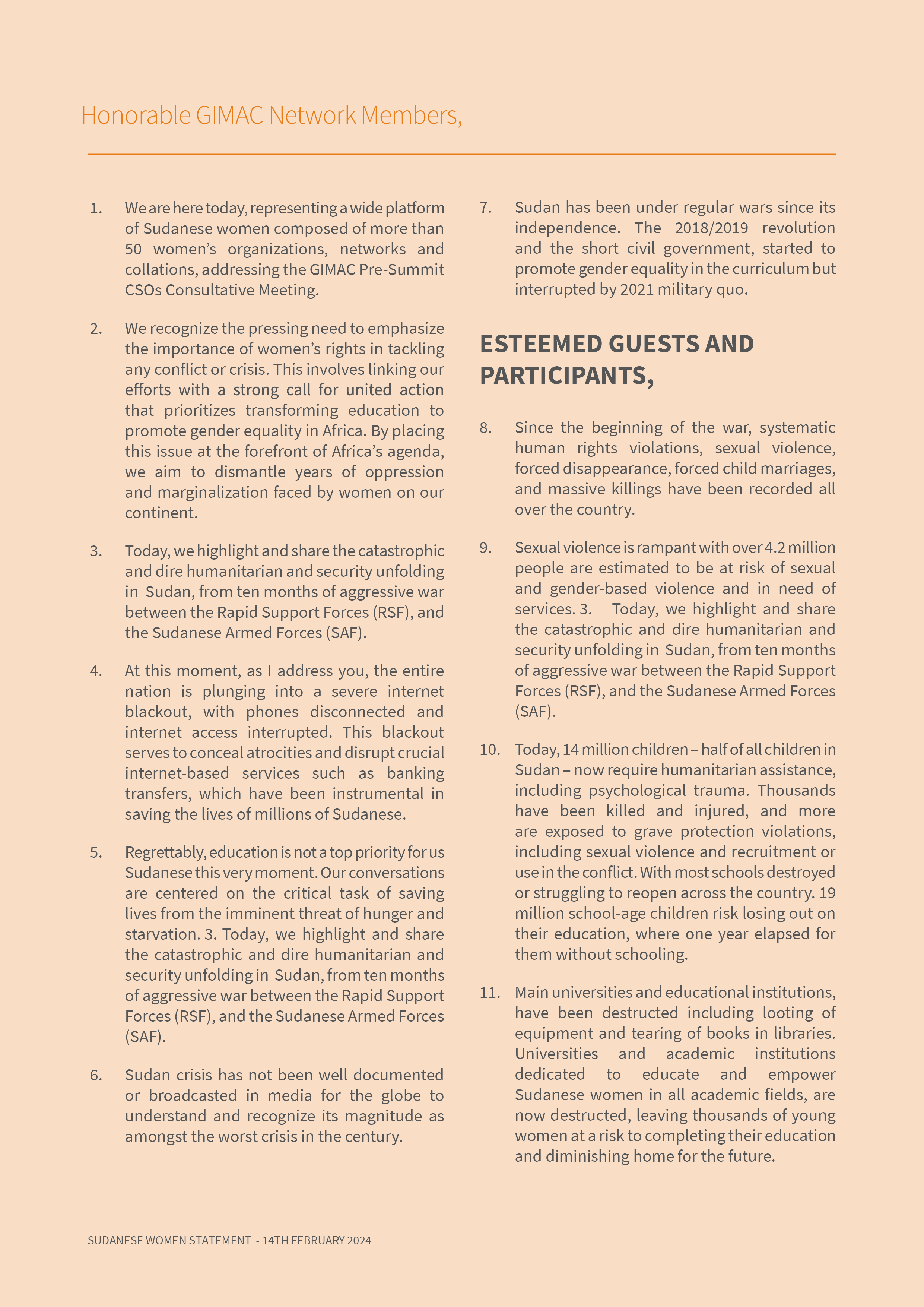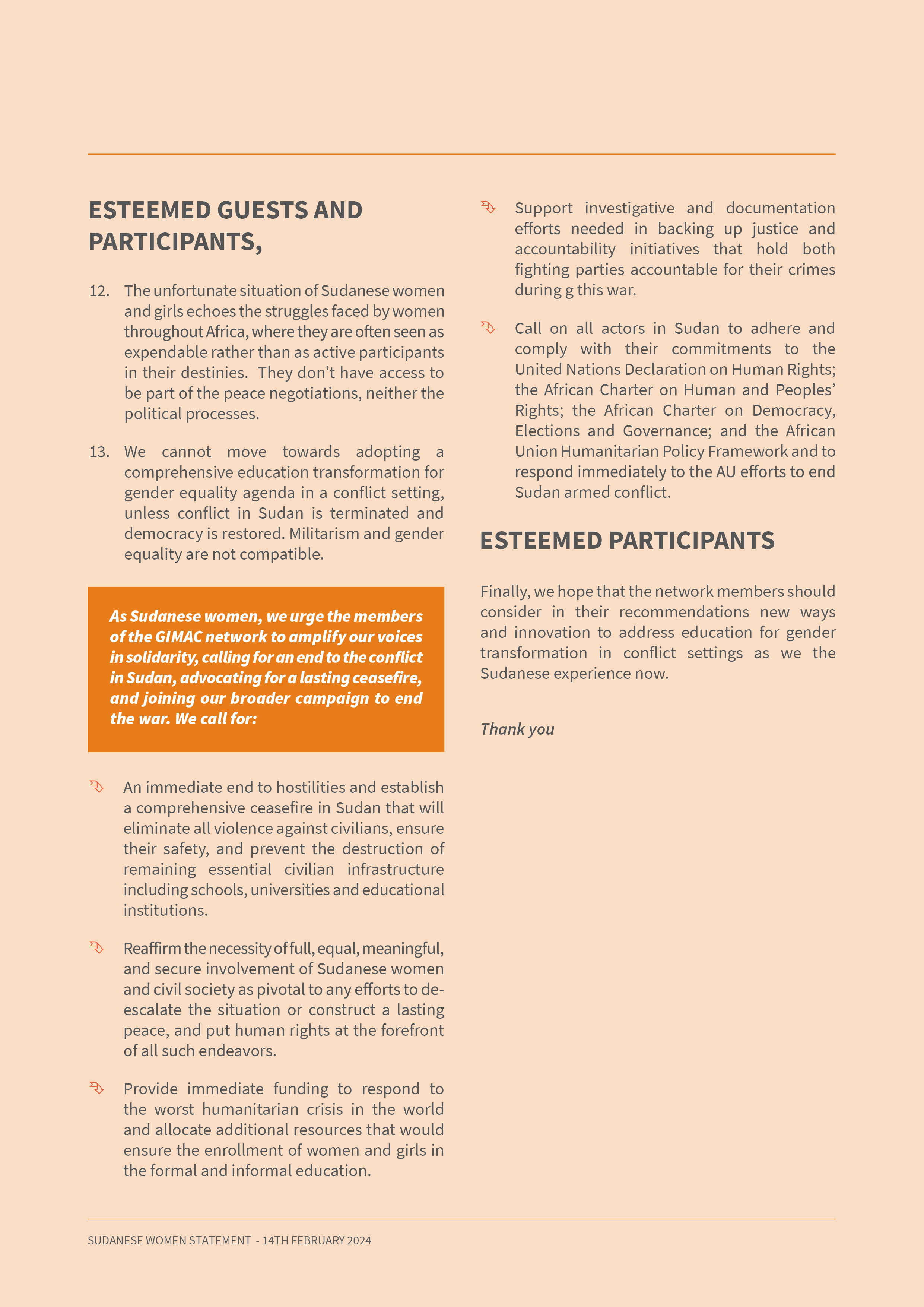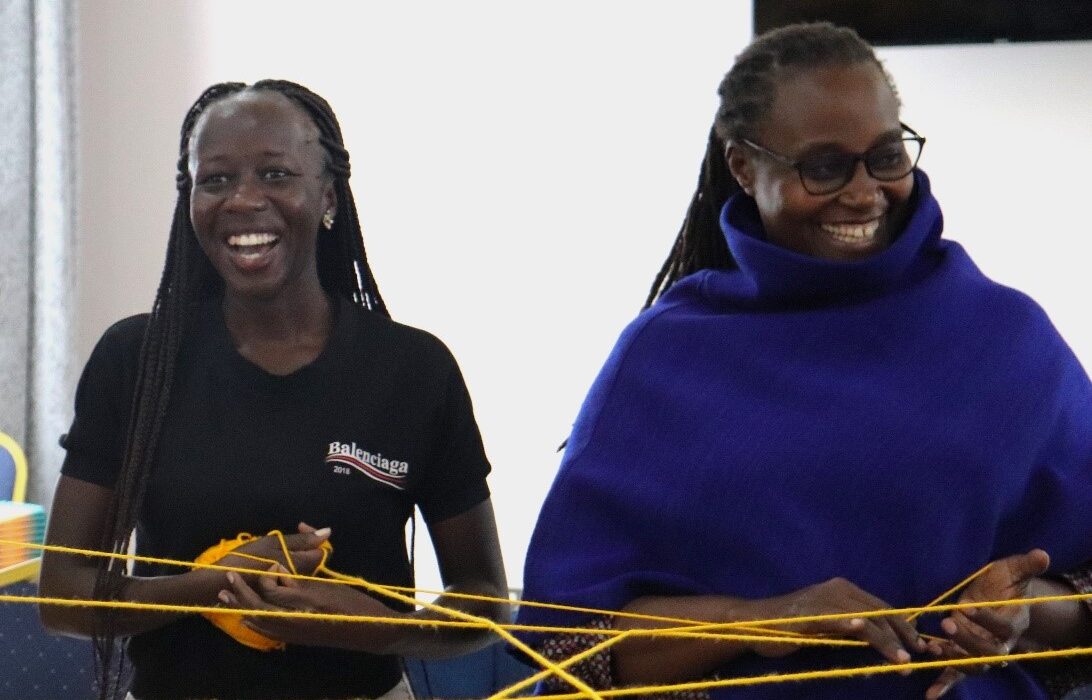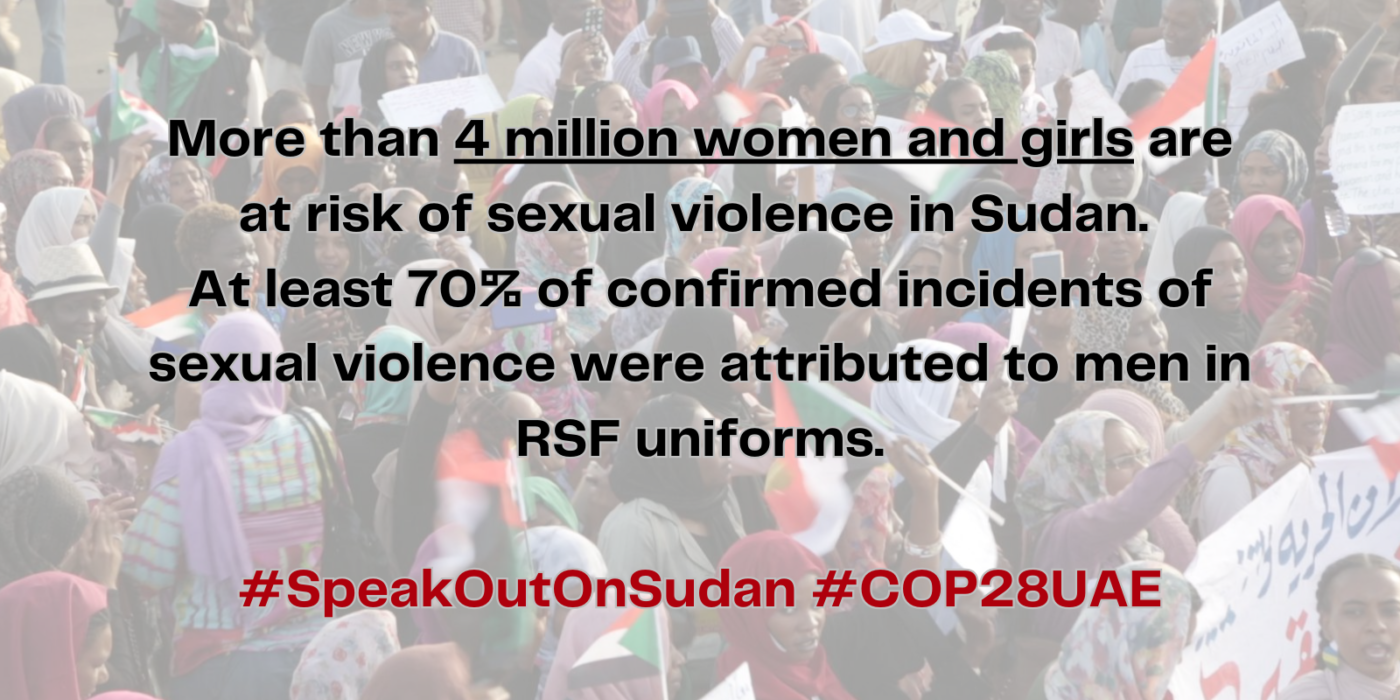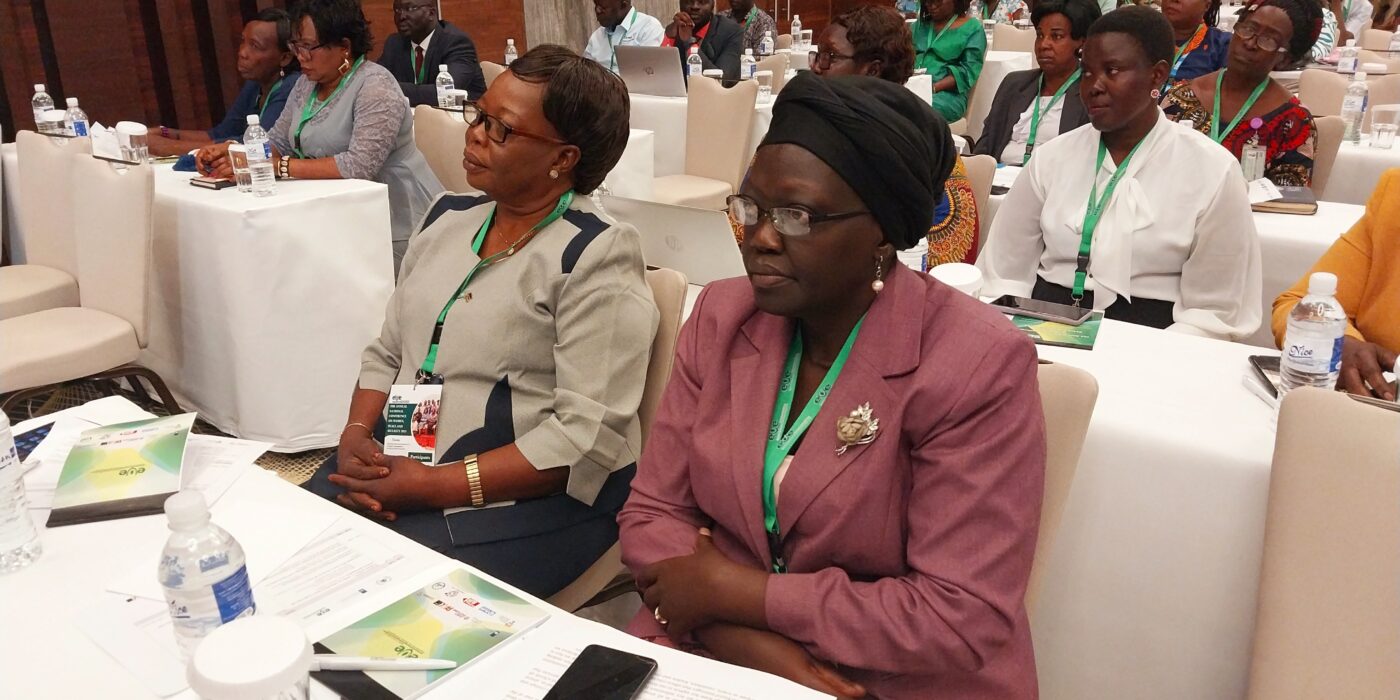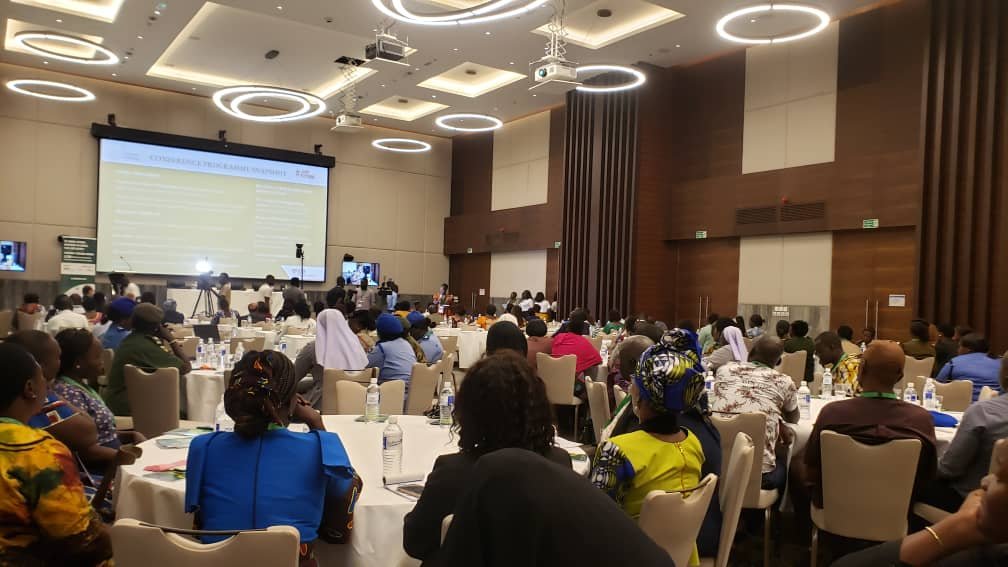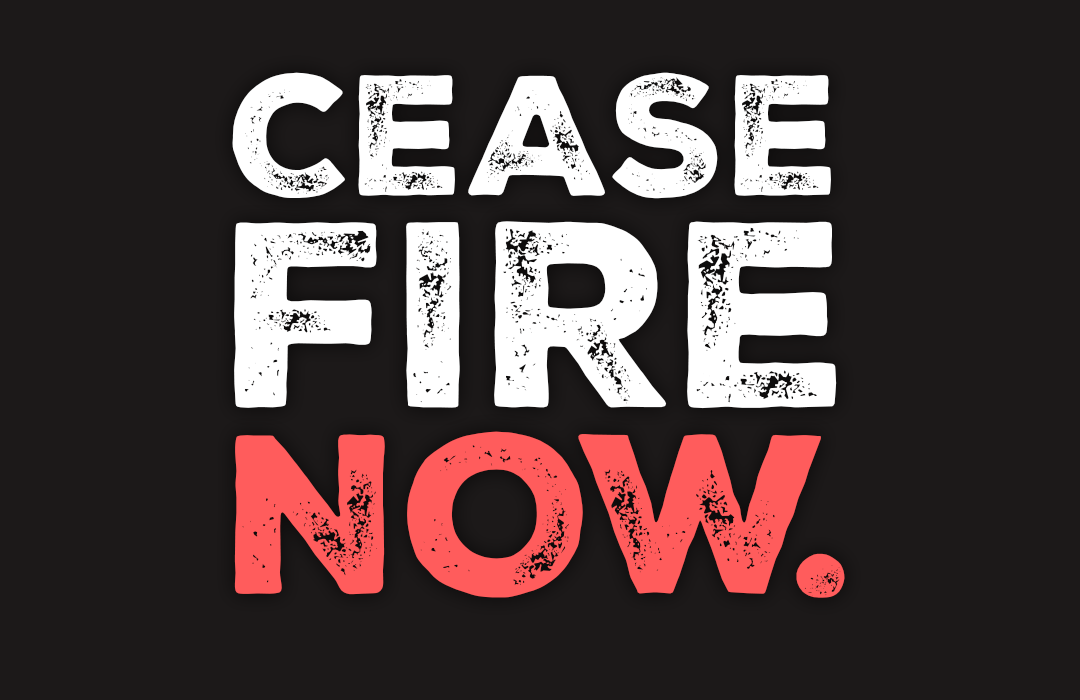Call for Expression of Interest : Training on UNSCR 2250 on YPS, AU Continental Framework on YPS, and EAC Strategy and Implementation Plan
1.0 Introduction
The Youth, Peace, and Security (YPS) agenda has gained traction in recent years, representing a shift in the understanding of the role young people play in promoting peace and security. UNSCR 2250 is the first international policy framework that acknowledges the positive impact young people have in preventing and resolving conflicts, countering violent extremism, and building peace.
The East African Community (EAC) developed a Strategy and Implementation Plan for Youth Peace and Security (2021-2026) that establishes a legal and political framework for youth development. This document aims to inclusively prepare young people for future leadership roles in managing states. The UNSCR/JPS mandates Member States to implement policies and programs that support youth participation, inclusion, representation, protection, and conflict prevention in all peace and decision-making processes. The African Youth Charter aims to safeguard young people from discrimination and ensure their rights to freedom of movement, expression, religion, property, and other human rights.
The Women’s International Peace Centre has organized a training session for partners from Burundi, DRC, and South Sudan on UNSCR 2250, the AU Continental Framework on YPS, and the EAC Strategy and Implementation Plan for Youth Peace and Security. The workshop will provide a platform for young people to learn, share experiences, and make commitments to address factors contributing to peace and security within the region. Additionally, participants will develop action plans for advocacy within their respective countries. The training will take place on April 22nd to 24th, 2024, in Kampala, Uganda.
Specific objectives of the training:
- To enhance knowledge and skills on the East African Community Strategy and Implementation Plan in alignment with the AU Continental Results Framework and UNSCR 2250.
- To raise awareness about the East African Community’s Strategy and Implementation Plan for Youth Peace and Security (2021-2026).
- To provide a framework for regional consultations regarding the implementation of the East African Community’s Strategy and Implementation Plan for Youth Peace and Security (2021-2026).
- To develop country-specific action plans to monitor the implementation of the EAC strategy at the country level.
2.0 Request for Expression of Interest
The Peace Centre invites application for consultants to conduct a training UNSR 2250, the AU Continental framework on YPS and the EAC Strategy and Implementation Plan for Youth Peace and Security for participants from Burundi, DRC and South Sudan.
3.0. Required Qualification, Skills and Competencies
- First Degree or Masters in the field of social sciences, gender and development, conflict and peace studies, development studies, social work and social administration, mass communication or any other relevant subject area.
- Demonstrate experience in conducting trainings on peace building, conflict transformation and peace building, with specific understanding on Youth Peace and Security frameworks at National, Regional and International Level.
- Strong Communication and Interpersonal skills.
4.0 Application Process
Interested consultants should submit their proposal, curriculum vitae (CV), proposed budget, schedule and a cover letter, clearly marked “Expression of Interest to conduct a training for a training UNSR 2250, the AU Continental framework on YPS and the EAC Strategy and Implementation Plan for Youth Peace and Security ” can be submitted as soft copy through email address procurement@wipc.org on 14th April 2024. Only shortlisted candidates shall be contacted.
Please note; Applicants can apply as a group, individual or institutions/ organizations.
Applications should be sent to:
The Executive Director, Women’s International Peace Centre
Plot 1467, Church Road, Bulindo, Kira, Wakiso
P. O. Box 4934, Kampala, Uganda
Tel: +256 414698684

